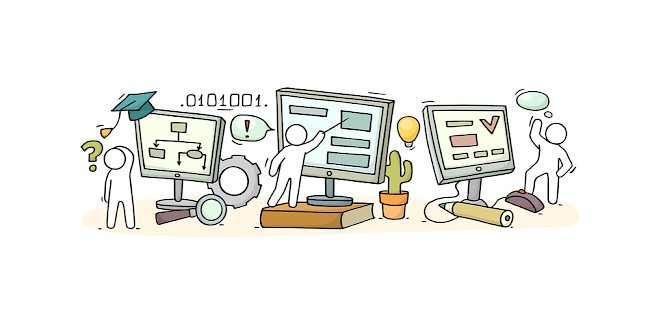By the end of Year 2
Children will confidently work on digital devices to able to write and test simple programmes. They will have a developing knowledge of how technology is used in our school and the world around them. Pupils will have developing understanding of how to use technology safely and know they must speak to an adult if something does not feel right. This will help them keep safe and find their place in the world.
Aims
The national curriculum for computing aims to ensure that all pupils:
- can understand and apply the fundamental principles and concepts of computer science, including abstraction, logic, algorithms and data representation
- can analyse problems in computational terms, and have repeated practical experience of writing computer programs in order to solve such problems
- can evaluate and apply information technology, including new or unfamiliar technologies, analytically to solve problems
- are responsible, competent, confident and creative users of information and communication technology.
Pupils should be taught to:
- understand what algorithms are; how they are implemented as programs on digital devices; and that programs execute by following precise and unambiguous instructions
- create and debug simple programs
- use logical reasoning to predict the behaviour of simple programs
- use technology purposefully to create, organise, store, manipulate and retrieve digital content
- recognise common uses of information technology beyond school
- use technology safely and respectfully, keeping personal information private; identify where to go for help and support when they have concerns about content or contact on the internet or other online technologies.
By the end of Year 6
Pupils will have experienced a balance curriculum covering all aspects of computing including; digital literacy skills, information technology, computer science and E safety. They will have a working knowledge of the role technology plays in their lives and in society today. Pupils will become Computational Thinkers and are able to participate effectively and safely in this digital world. They will be ready for their next stage in computing education to enable them to be successful learner for the future workplace. They will be ready to use technology to find their place in our ever changing world.


